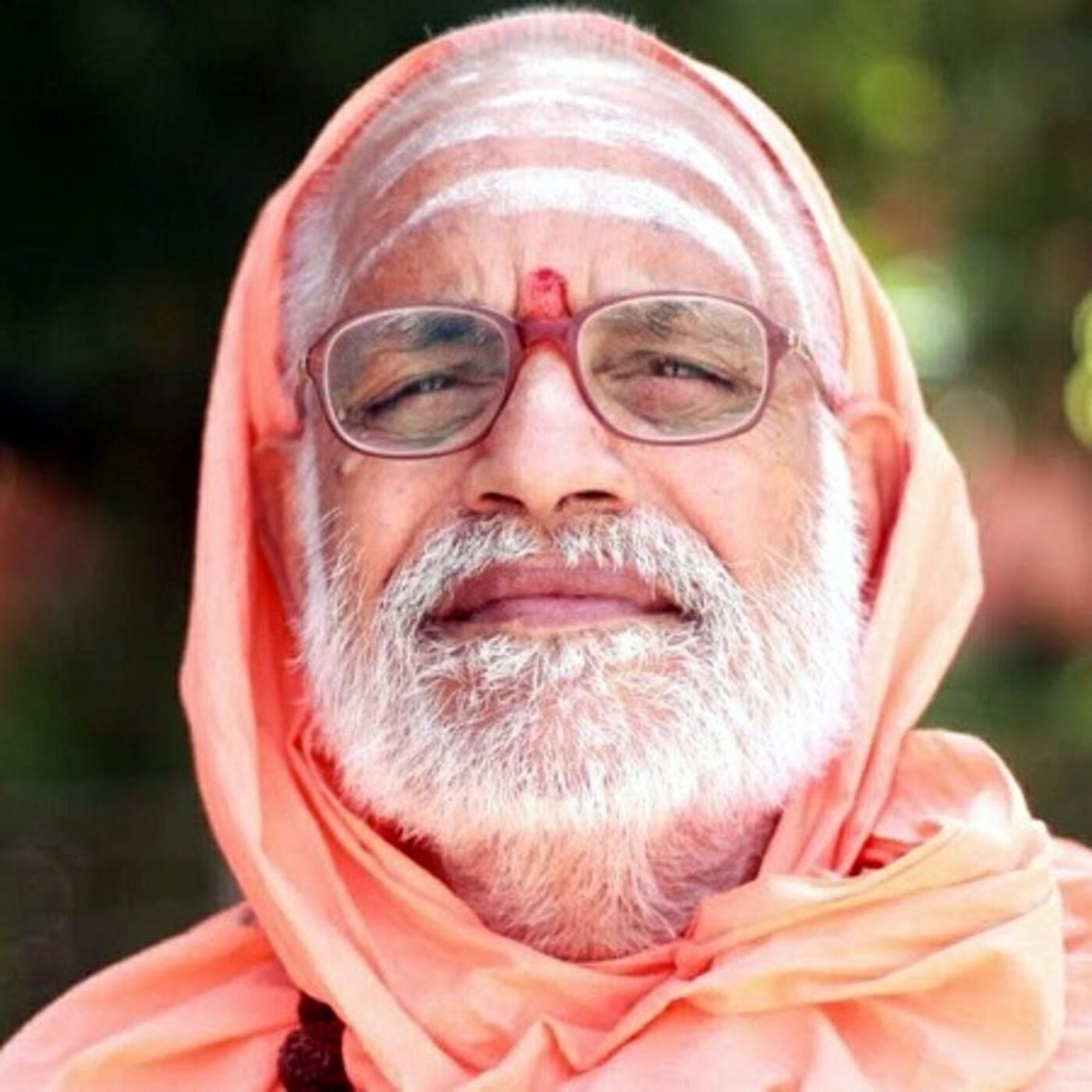10 Kama Purusharthas Part-03
Unconditional love is a type of love that doesn't rely on specific conditions, behaviors, or circumstances. It is a type of love that exists regardless of changing circumstances or actions. To love someone unconditionally means to love them regardless of their faults, mistakes, or differences.Practicing Unconditional LoveIn today's social circumstances, where most relationships are based on reciprocity and conditions, practicing unconditional love can be quite challenging but not impossible. Here are a few techniques and spiritual practices:1. Empathy and Understanding:It's essential to approach every interaction from a place of empathy. Try to understand where others are coming from and what they're going through. This helps to foster unconditional love because it reminds you that everyone has their own struggles and needs understanding and support.2. Acceptance:Unconditional love means accepting people as they are, not as you want them to be. This requires letting go of expectations and judgments. Everyone has their own path and makes mistakes along the way. Remembering this can help cultivate a loving, accepting attitude.3. Forgiveness:To love unconditionally, we must learn to forgive. Holding onto grudges or resentment only hurts ourselves and prevents us from experiencing love. Forgiveness allows us to let go of negative feelings and accept that we all make mistakes.4. Self-Love:We can't offer unconditional love to others if we don't have it for ourselves. Practice self-compassion and kindness. Learn to forgive your own mistakes and accept yourself as you are.5. Open Communication:Express your feelings and thoughts openly. Encourage your family members, friends, and neighbors to do the same. Respect their opinions and listen to their concerns. Open communication fosters understanding, which is the foundation of unconditional love.Spiritual ProcessesIn addition to the above-mentioned techniques, you can also engage in spiritual practices to cultivate unconditional love.1. Meditation:Loving-kindness meditation (Metta Meditation) is a great practice. It involves focusing on developing feelings of goodwill, kindness, and warmth towards others. It typically involves focusing on loving and caring for oneself, then expanding this love to close loved ones, then to acquaintances, and finally to all beings.2. Mindfulness:Practice being fully present in each moment. When you're fully engaged in the present, you're less likely to judge others and more likely to approach them with compassion and understanding.3. Gratitude Practice:Cultivate an attitude of gratitude. Appreciate and acknowledge the good qualities and deeds of others, no matter how small. This can help to foster unconditional love by reminding us of the good in everyone.4. Spiritual Readings and Teachings:Many spiritual teachings emphasize the importance of unconditional love. Reading such teachings can help inspire and guide you. Some recommended readings include the works of Thich Nhat Hanh, Eckhart Tolle, and Dalai Lama.Remember, practicing unconditional love is a journey, not a destination. It's a lifelong practice that will evolve and deepen over time. Be patient with yourself and others as you embark on this journey.All by the grace of Guru ji, <br/>Brahmleen Sant Samvit Somgiri Ji Maharaj.

